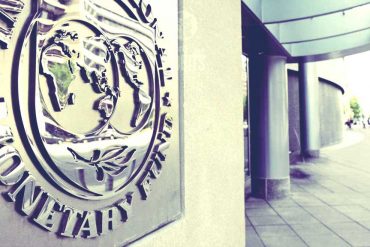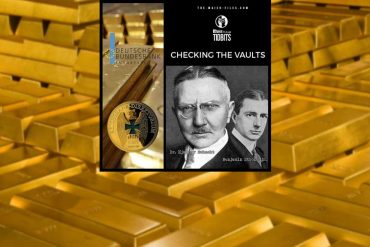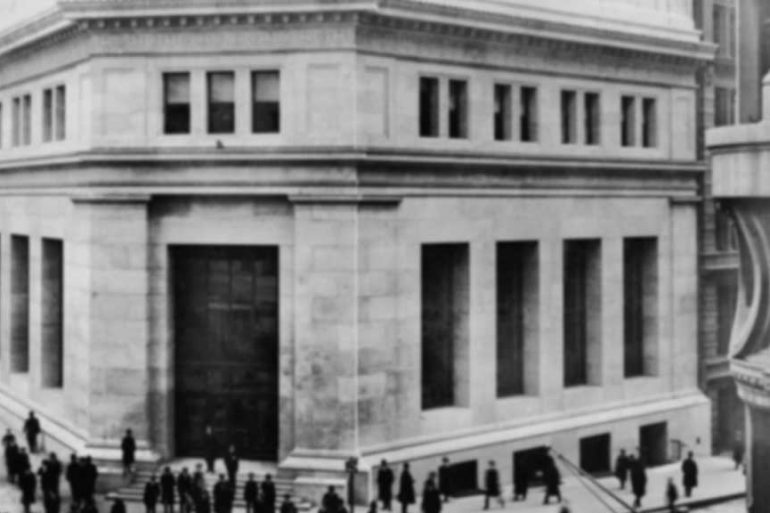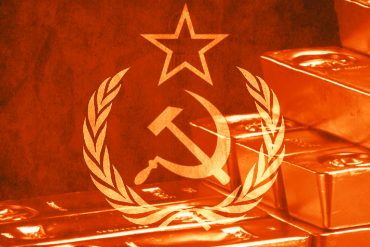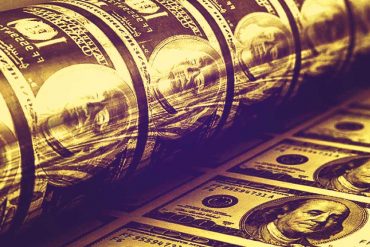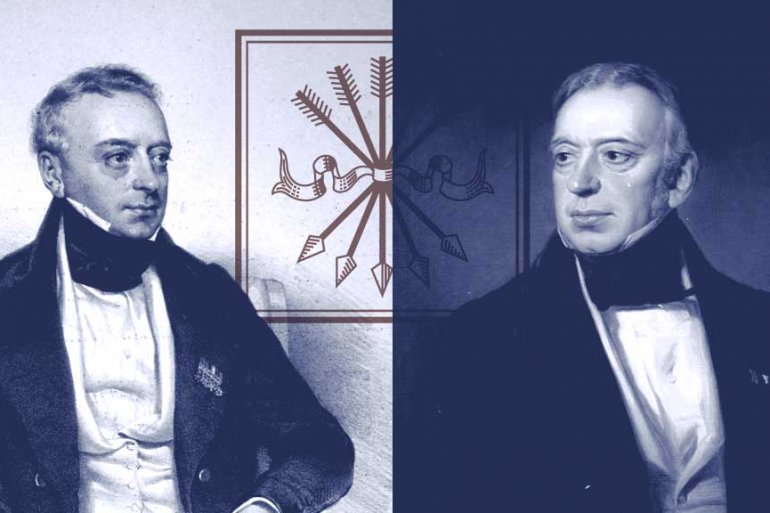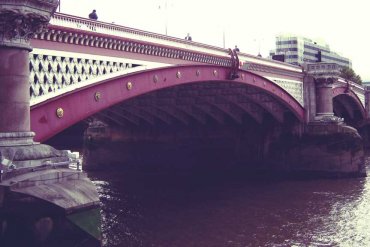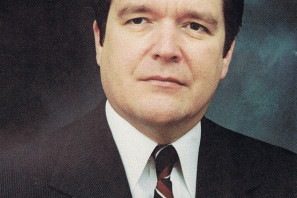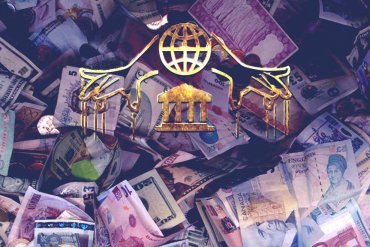The IMF and the World Bank, were created at a meeting of global financiers and politicians held at Bretton Woods, New Hampshire, in 1944. Their announced goals were to facilitate international trade and to stabilize the exchange rates of national currencies. The unannounced goals were quite different. They were the elimination of the gold-exchange standard as the basis of currency valuation and the establishment of world socialism. The method by...
A large portion of Germany’s massive gold reserves are stored abroad, mainly in the Federal Reserve in New York. But are the bars really where they are supposed to be? A dispute has broken out over whether the central bank needs to check on its gold. Can Germany trust its international partners? Gold has been natural money for thousands of years. It has been used throughout history either as physical...
“The House of Morgan” is about the rise, fall, and resurrection of an American banking empire—the House of Morgan. Perhaps no other institution has been so encrusted with legend, so ripe with mystery, or exposed to such bitter polemics. Until 1989, J. P. Morgan and Company solemnly presided over American finance from the “Corner” of Broad and Wall. Flanked by the New York Stock Exchange and Federal Hall, the short building at 23 Wall Street, with its unmarked, catercorner entrance, […]...
From the early 1920s, countless pamphlets and writings, indeed just a handful of books, have looked for a link between “international bankers” and “Bolshevik revolutionaries.” Not often have these endeavors been covered by hard evidence, and never have this kind of efforts been argued within the framework of a scientific methodology. In truth, a few of the “evidence” utilized in these efforts has been deceitful, some has been irrelevant, much...
The destruction of the worldwide economic order in the wake of World War II encouraged world leaders in 1944 to form a meeting to generate alternatives. This conference, referred to as Bretton Woods, resulted in the development of a new global fixed exchange rate regime with the U.S. dollar playing a central role. Under the Bretton Woods system, an ounce of gold could be bought at a fixed international rate...
Historians, in interpreting the nineteenth century, have laid stress on many and various aspects of the period under study; and descriptions of isolated periods, single episodes, and individuals are scattered amongst hundreds and even thousands of books. On the other hand, certain special features of the period under consideration have been, for various reasons, entirely neglected. An example of such neglect is the ignoring by historians of the role played by the Rothschild family in the history of the nineteenth […]...
The process by which money comes into existence is thoroughly misunderstood. And for good reason! It has been the focus of a highly sophisticated and long-term disinformation campaign that permeates academia, media, and publishing. The complexity of the subject has been intentionally exploited to keep its mysteries hidden. Henry Ford said it best: “It is well that the people of the nation do not understand our banking system and monetary...
On 18 June 1982 the body of Roberto Calvi was found swinging on a length of orange nylon rope beneath Blackfriars Bridge, London. He had £10,000 worth of sterling, Italian lire and Swiss francs in his wallet and his trousers were stuffed with bricks and stones from a nearby building site. The British coroner recorded a case of suicide. Banco Ambrosiano Roberto Calvi certainly had reasons to kill himself. The...
If you’re interested in the dark, hidden backstories, reading Stephen Zarlenga’s book – The Lost Science of Money: The Mythology of Money, The Story of Power … is a perfect good start! And for those who can read between the lines also Dr. Hjalmar Schacht, his 1967 book The Magic of Money is a real eye-opener. Original German version: Magie Des Geldes: Schwund Oder Bestand Der Mark http://amzn.to/2y5msOO When World War I ended and the Allies imposed war reparations on […]...
In the list of Conspiracies the case of Lawrence Patton “Larry” McDonald fits perfectly. Is it a conspiracy theory as many tried to ridicule his claims or is it indeed, a fact? In any case the coincidences are weird! Lawrence Patton “Larry” McDonald (April 1, 1935 – September 1, 1983) was an American politician and a member of the United States House of Representatives, representing Georgia’s 7th congressional district as...
What is wrong with a little debt, cautiously applied and wisely managed? The response is absolutely nothing, as long as the debt is based on an honest exchange. There is plenty wrong to it as soon as it is based upon fraud. What is the difference? A sincere exchange is one wherein a borrower pays off an approved amount in exchange for temporary use of a lender’s possession. That asset...
For those who are reading the Maier Files and guessing that the story of Otto Maier, Oskar Gross and their struggle with the occulted Criminal Banking Cartel is just a fancy tale, think again. The goal is indeed control. They want all of us enslaved to debt, they want all of our governments enslaved to debt, and they want all of our politicians addicted to the huge financial contributions that they funnel into their campaigns. Mrs. Karen Hudes is telling […]...

